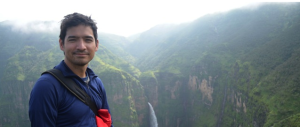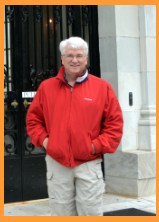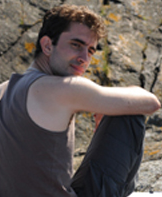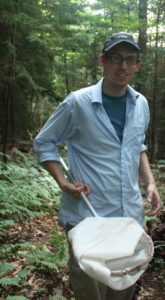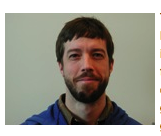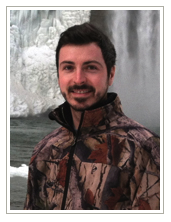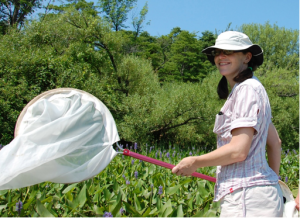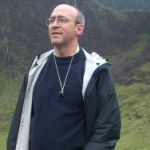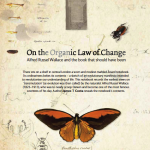Yasir Ahmed is host to Dr. Kevin Oh, Postdoc Associate in the Shaw Lab at Cornell University. He is presenting a talk titled, “Rapid evolutionary divergence via sexual selection: from process to pattern in a Hawaiian species radiation.” In his own words, this is what Dr. Oh says of his research:
“The overarching theme of my research is understanding the role of dynamic natural and sexual selection in the evolution and maintenance of phenotypic diversity. In particular, I investigate (1) the contributions of social, genetic, and demographic contingencies to variable and context-dependent patterns of selection on secondary sexual morphologies and behaviors within populations, and (2) the consequences of such variation to intraspecific divergence between populations. To this end, my work integrates long-term field studies, molecular techniques, quantitative genetics analysis, and behavioral experiments in both wild and laboratory-reared vertebrate and invertebrate populations.”

